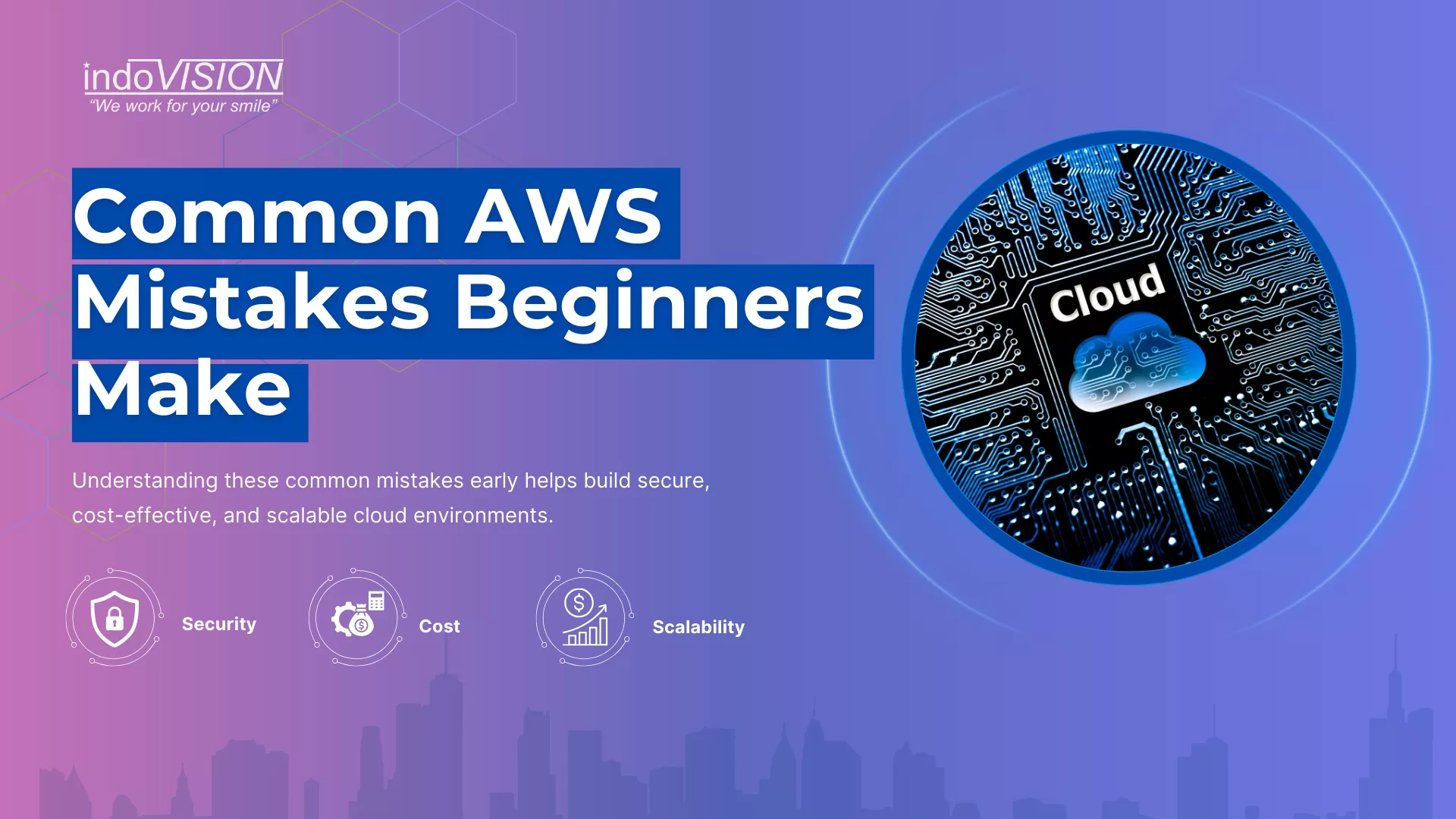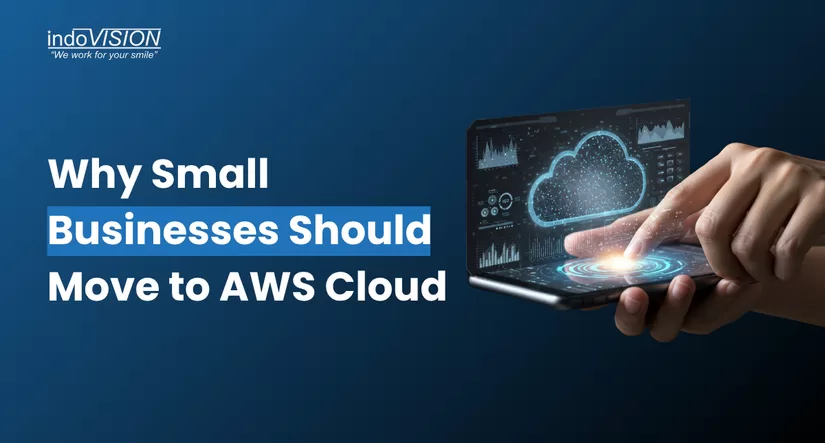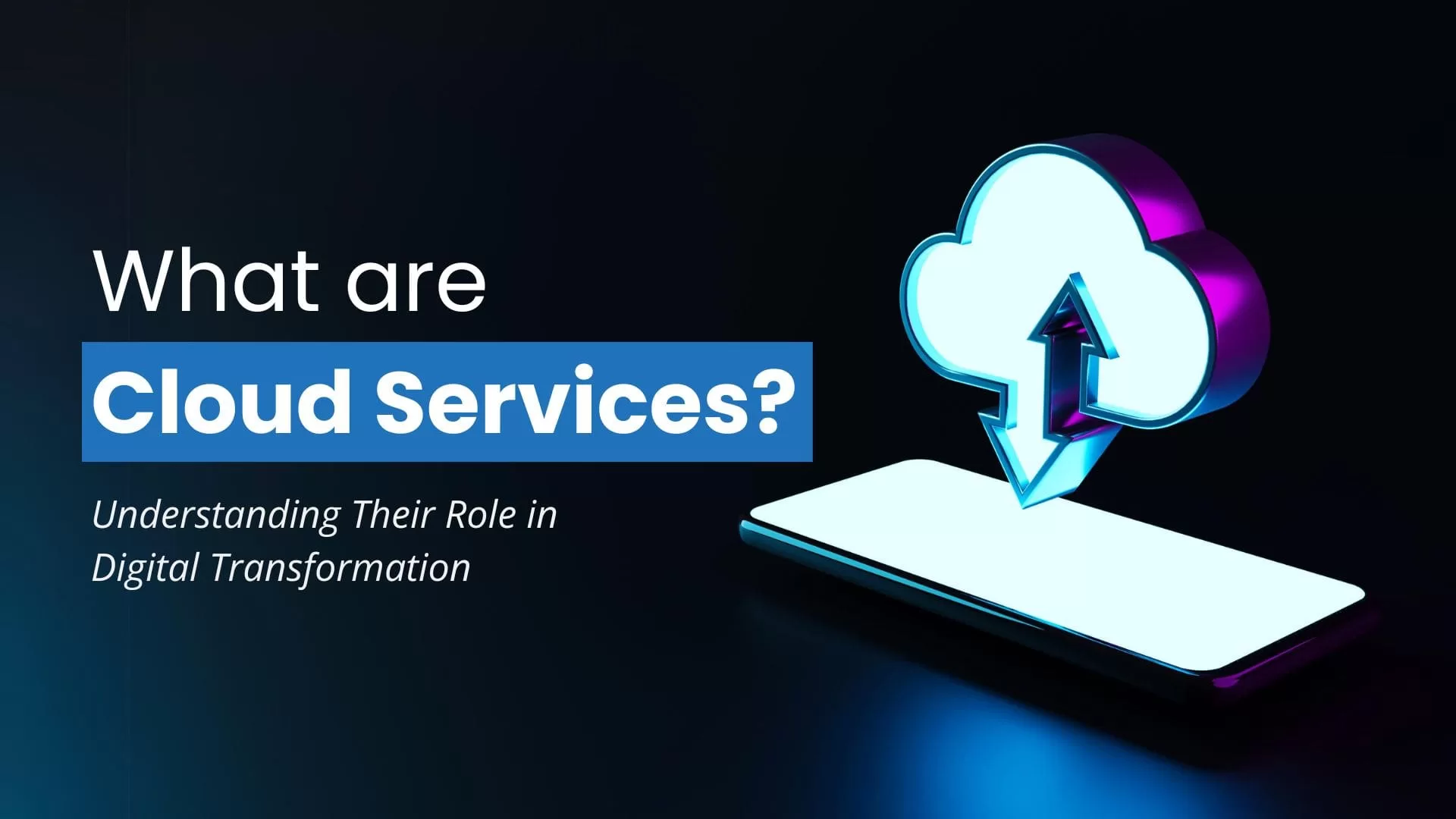
Cloud transformation is a very important change in the concept of business operation that imparts flexibility and scalability to the highest level. One can migrate operations to the cloud for driving innovation, better process efficiency, and improved collaboration. However, there is a need for expert guide competence and strategic planning while navigating this transformational journey.
We are living in the technological age, where every business person wants fresh ways and new solutions to overcome their competitors. One solution for changing the concept of operation is through cloud services.
What are Cloud Services?
Cloud services mean the delivery of cloud computing services, which include, but are not limited to storage, processing power, and software applications via the internet as opposed to from a local server or a personal computer. Cloud services, instead of relying on the physical servers or infrastructure maintained at on-premises, utilize remote servers hosted on the Internet to store, manage, and process data. Cloud Services Offer Several Advantages, including:
Scalability
Users can scale up or down depending on the demand for resources, which prohibits over- or under-provisioning of the infrastructure.
Cost Efficiency
Business has taken a pay-as-you-go pricing model that only allows businesses to pay for what is used, consequently reducing upfront costs and enabling more predictable budgeting.
Flexibility
Cloud services allow easy access to data and applications from anywhere with an internet connection, making remote work and collaboration successful.
Reliability
This generally includes high levels of uptime and reliability through redundancy in infrastructure and backup of data.
Related Articles
A Spectrum of Cloud Services to Fuel Your Transformation
Cloud services encompass a broad spectrum of offerings, each catering to specific business needs:
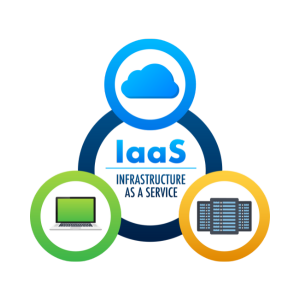
Infrastructure as a Service (IaaS)
IaaS provides the fundamental computing building blocks—virtual machines, storage, and networking resources— which business can use to build and deploy applications. It's more or less like renting a digital warehouse where one may set up their IT infrastructure.
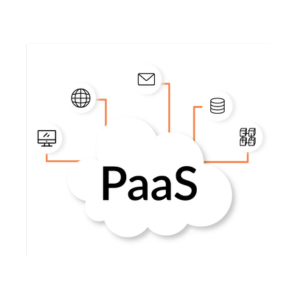
Platform as a Service (PaaS)
Well, PaaS goes a step ahead to offer a complete development environment. This would include servers, storage, databases, development tools, etc. It will allow business enterprises to build and deploy applications without the hassle of management of underlying infrastructure. Now, think of it this way: a pre-furnished development studio where you just have to code without thinking about the furniture.
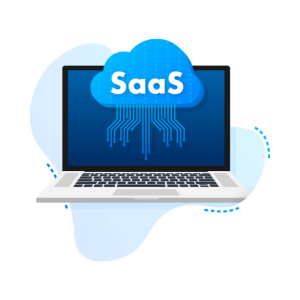
Software as a Service (SaaS)
SaaS is a model of on-demand access to pre-built software applications, delivered over the Internet. It runs from CRM and ERP to suites that aid productivity and tools for marketing automation. No installation and maintenance are required. This is comparable to subscribing to a software service instead of buying the full program.
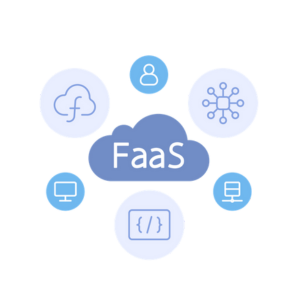
Function as a Service (FaaS)
FaaS allows businesses to deploy code snippets (functions) without managing servers or infrastructure. This serverless environment is ideal for building microservices and event-driven applications. Imagine paying only for the lines of code you execute, rather than the entire compute power.
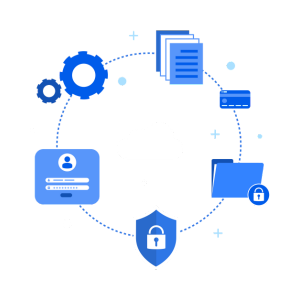
Cloud Storage
It provides a secure, scalable system for storing all kinds of data, from documents and pictures to backup files and archives. You can access your data from everywhere where an internet connection is available. This, consequently, enhances collaboration and remote working.
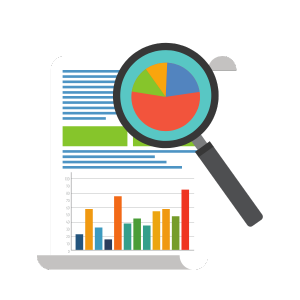
Big Data Analytics
Cloud platforms avail tools and infrastructure for processing and analyzing huge data sets. Extract meaningful insights from customer behavior, trending in social media, and market data to form data-driven decisions and optimize your operations.
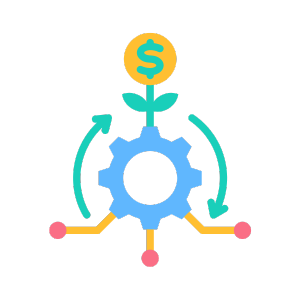
Business Intelligence (BI)
Cloud-based BI solutions offer real-time dashboards and reports, thus helping to track KPIs, recognize trends, and make very informed business decisions. Obtain real-time insight into your sales, marketing, and customer service performance to course-correct and optimize strategies on the fly.
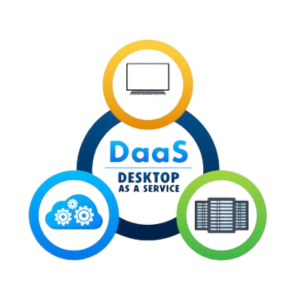
Desktop as a Service (DaaS)
DaaS enables virtualized desktops to be streamed over the Internet, eliminating the need for physical workstations at the user's site. Users log in to access their desktop and applications from any device, making the process more accessible while enhancing security. Just imagine a workspace that follows you everywhere, accessible from any device.

Security Services
DaaS provides virtual desktops that are delivered over the Internet, thereby doing away with a physical workstation. Improved accessibility and security are realized since the user will access his desktop and applications from any device anywhere in the world, provided there is an internet connection. Just imagine a workspace that follows everywhere you go and may be accessed from any device.
Cloud services deliver a wealth of advantages for businesses looking to innovate and remain competitive in today’s digital environment. From cloud transformation and consultancy to security posture hardening or cloud migration, it is how you leverage the right solutions and partnerships that determine the better part of your overall success. With the right expert guidance, for example, from Indovision Services, and power in terms of scalability with cloud technology, all possibilities remain open. Embrace the future of cloud services and drive your business to success.

